They’re fluffy, They’re purring—and They’re Definitely up to Something.
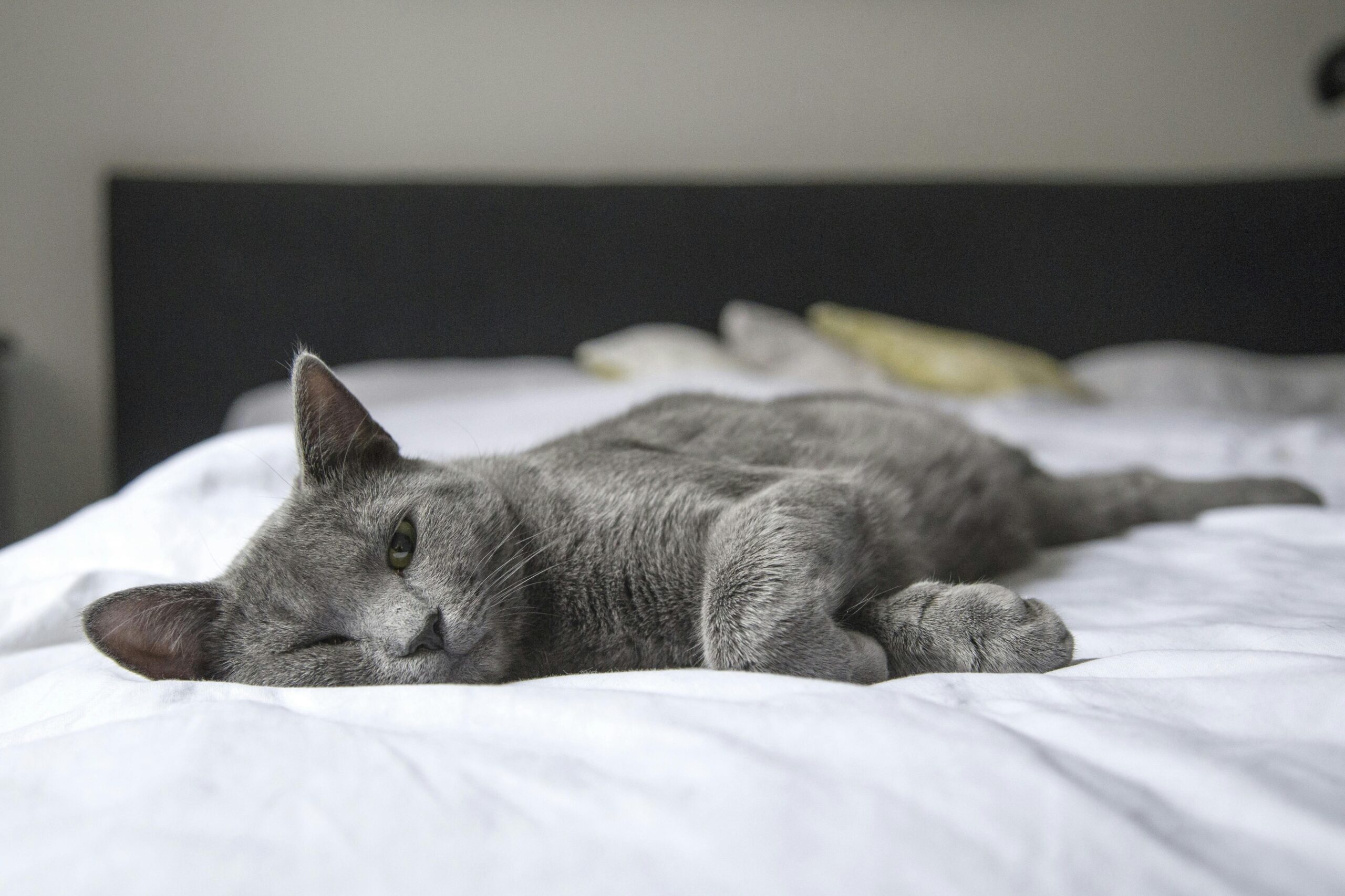
Your cat isn’t just napping 18 hours a day because they’re tired. They’re observing. Calculating. Plotting something behind those slow blinks and twitching tails. And while we love to pretend we’re the ones in charge, the truth is, your feline friend has been running the show all along. From body language tricks to ancient mind games, cats have been working humans for millennia—and getting away with it in broad daylight.
Science has caught on. Historians, too. Whether it’s their eerie sixth sense, selective hearing, or mysterious bond with the supernatural, cats are masters of subtle control. So if you’ve ever had the feeling your cat knows more than they’re letting on? You’re absolutely right. Here are the nine most compelling cat conspiracies—backed by science, legend, and every suspicious glance you’ve ever ignored.
1. They’ve Studied Your Routine Down to the Second
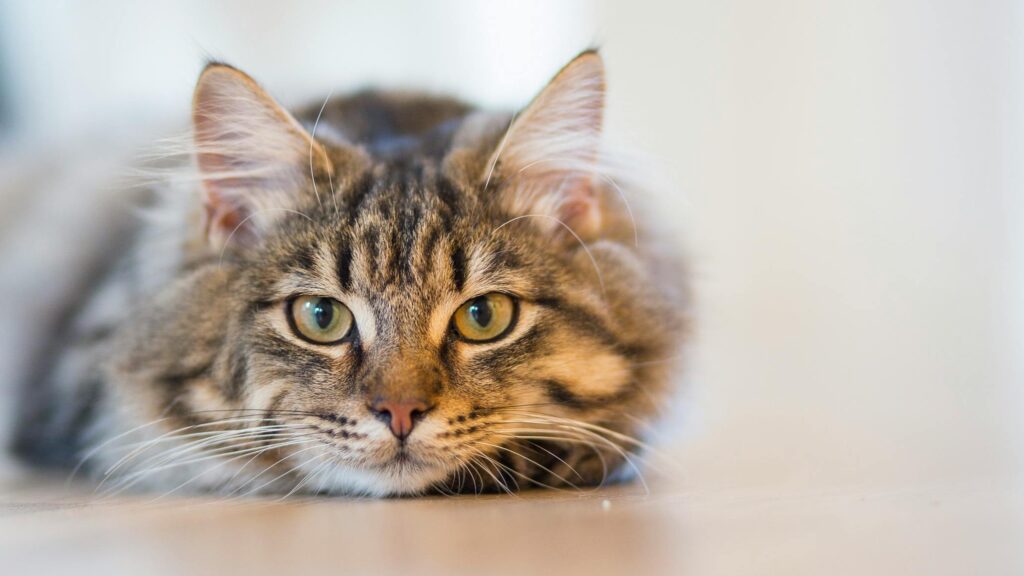
Don’t mistake that casual hallway stretch for aimless wandering. Your cat knows exactly when you wake up, when you leave, how long you’re gone, and what you reach for first in the fridge. A 2023 study from Kyoto University found that cats can mentally map their owner’s location based on voice alone—even when the owner is out of sight. That’s a level of object permanence and spatial awareness once thought limited to dogs, toddlers, and tool-using primates.
This means your cat isn’t just lounging—it’s running silent surveillance. They know when you’re distracted, when you’re emotionally vulnerable, and when you’re most likely to reward them with treats or affection. Those well-timed head butts during Zoom calls or sad meows just before bedtime? They’re deliberate. Your cat is gaming the schedule, optimizing attention, and silently bending your behavior to their liking. They’re not following your rhythm—they’re setting it.
2. They Know How to Play with Eye Contact
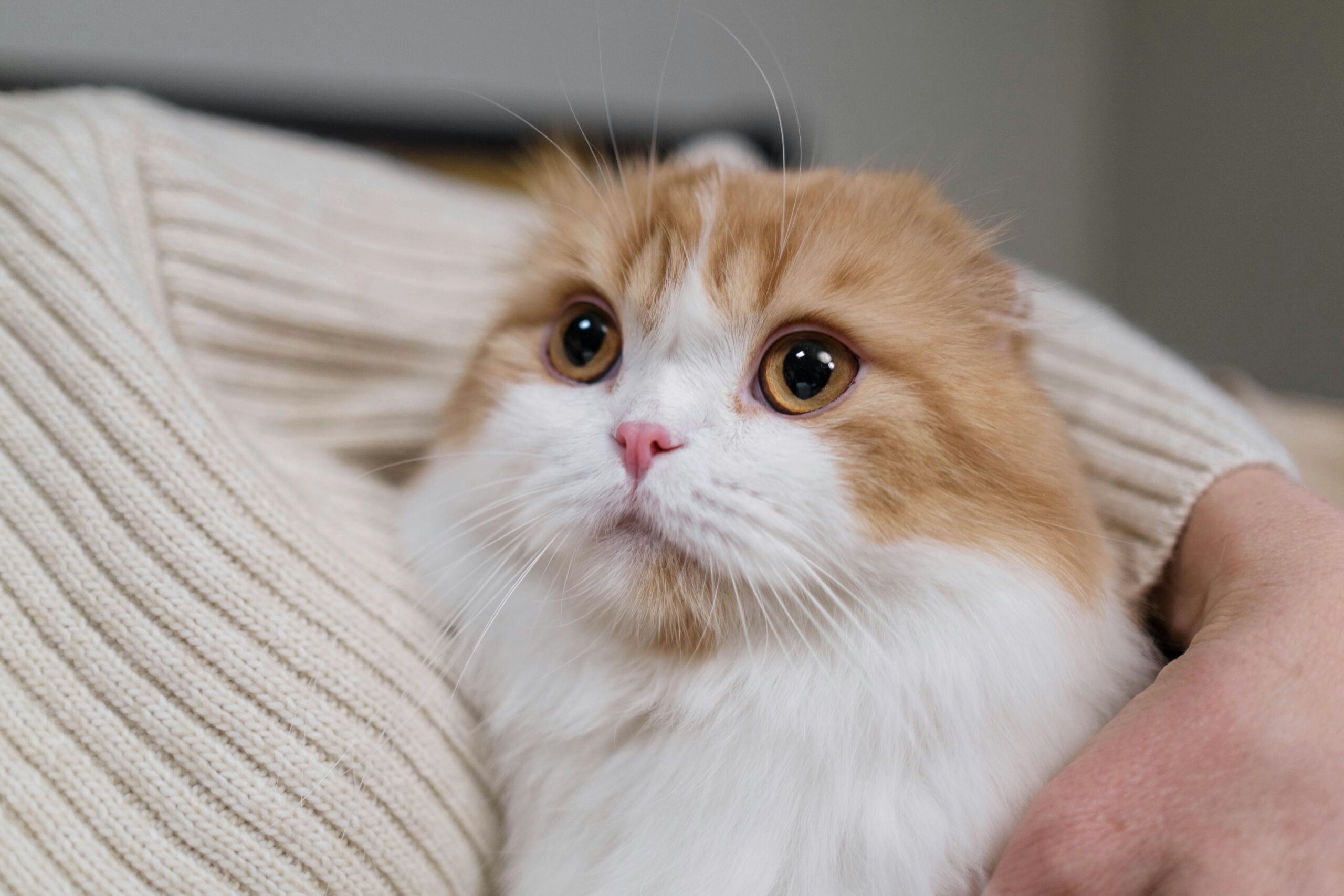
That slow blink you keep falling for? It’s not just affection—it’s psychological warfare dressed as charm. Cats have learned that eye contact can manipulate human emotions, especially when paired with just the right mix of mystery and vulnerability. A 2020 study from the University of Sussex found that cats who slow-blink at their humans tend to get more positive responses—treats, cuddles, soothing baby voices. And unlike dogs, who use eye contact to seek direction, cats use it to control the energy in the room.
They’ve mastered the art of gaze economics. Too much, and you think they’re needy. Too little, and you feel rejected. But just the right amount of fleeting eye contact, followed by a blink or a glance away? You’re hooked. You feel chosen. They’ve trained you to read their expressions like they’re sacred texts. The kicker? That same slow blink that melts your heart is also how cats disarm rivals or signal non-aggression to prey. What you call bonding? They call this tactical soft power.
3. They Might Be Ignoring You on Purpose

You call their name. They flick an ear. Maybe blink once. And then? Nothing. Don’t take it personally—no, do. A 2019 study out of Sophia University in Tokyo confirmed that most cats recognize their names but choose not to respond. They hear you, understand that you’re talking to them, and decide they don’t feel like engaging. This isn’t a failure of communication—it’s a conscious rejection of your authority.
It’s part of a larger behavioral pattern: selective responsiveness. Unlike dogs, who were bred to obey, cats were never domesticated for servitude. They coexist with humans, not because they need us but because they’ve made a calculated choice to tolerate us for food, warmth, and the occasional chin scratch. So when your cat ignores you, it’s not confusion. It’s commentary. They’re setting a boundary, exercising control, or simply reminding you that you are not the boss here. And somehow, that makes you love them more.
4. They’re Mimicking Your Emotions to Control You
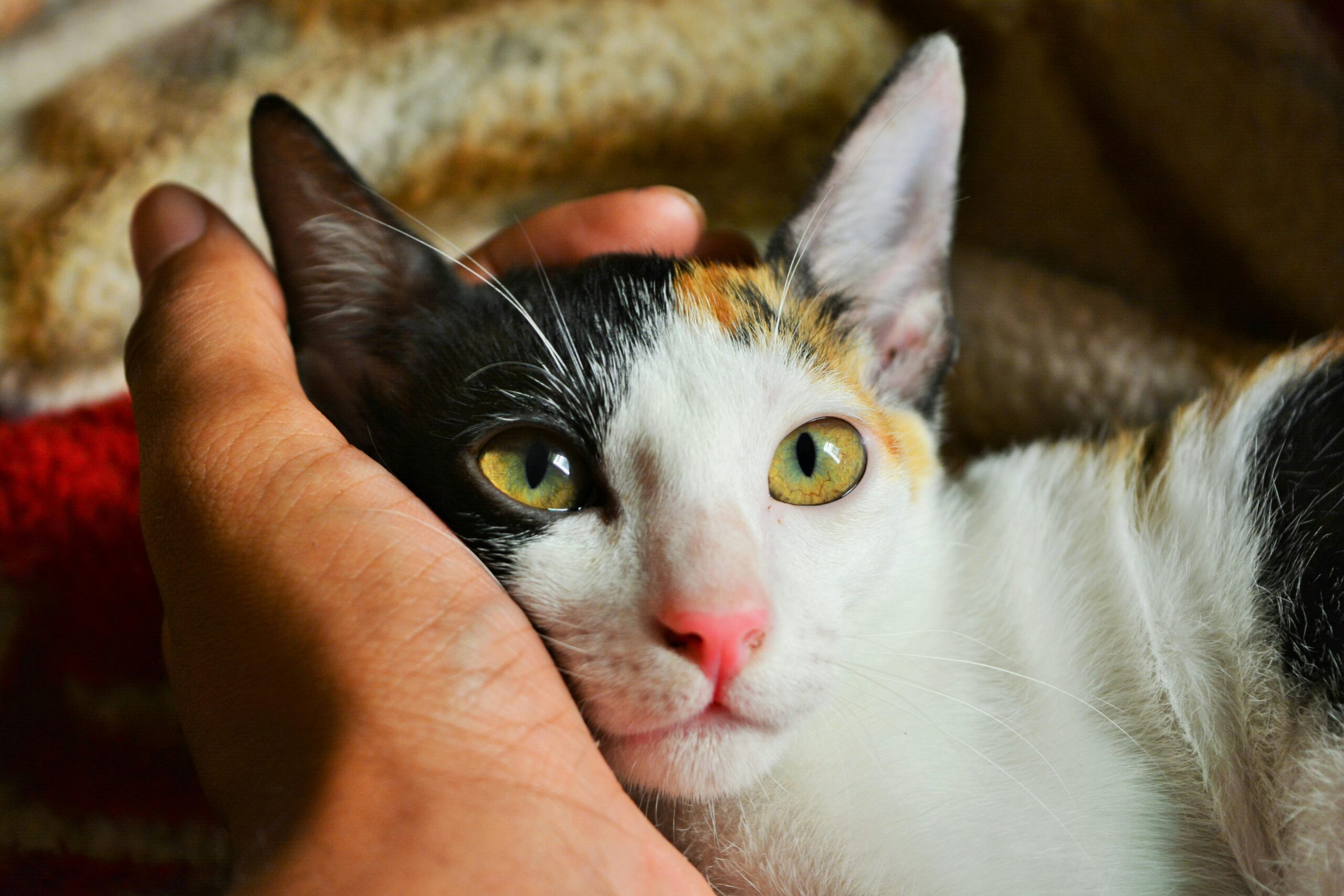
Think your cat knows when you’ve had a bad day? They probably do—and not just because they’re observant. A study published in Animal Cognition found that cats can read human facial expressions and body language, especially those related to emotional tone. They don’t just recognize when you’re sad or stressed—they subtly adjust their behavior to reflect or redirect your emotional state. Sound a little too tuned-in? It is. And it’s part of how they manage their environment (and you).
So when your cat starts acting unusually affectionate during a breakup or curls up next to you on sick days, it might not be pure love—it might be strategic emotional syncing. This mirroring builds trust and deepens your attachment, making you more likely to reward them with treats, cuddles, and forgiveness for that thing they knocked off the counter. In psychological terms, it’s called social referencing. In feline terms? It’s classic manipulation. They reflect just enough of your mood to feel emotionally necessary—while keeping all the power.
5. They’re Quietly Rewriting the Power Dynamic in Your House
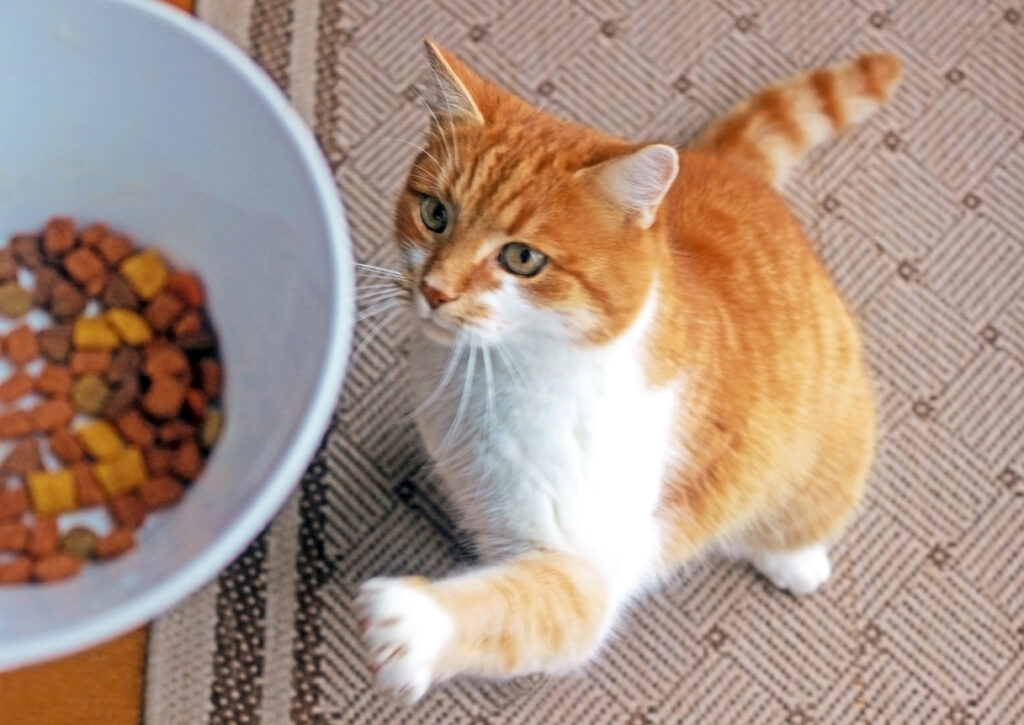
You think you’ve trained your cat to expect food at 7 a.m., but if they’re meowing at 6:48, pacing near the bowl, or leading you to the cabinet, guess who’s really in charge. Cats are master ritual-builders. They subtly train you through repetition and reward, shaping your behavior just as much as you shape theirs. A study from the University of Lincoln showed that cats use “trial-and-error learning” to manipulate human routines—and once they find a strategy that works (like a soft paw to the face at 5 a.m.), they stick with it.
And it’s not just about food. Cats enforce door policies, couch preferences, and sleeping arrangements with the strategic use of resistance and reinforcement. That ritual where you open a door only for them to stare and walk away? That’s a boundary test. That time they refused to drink from their bowl unless it was in the sink with the tap running? That was a systems override. Slowly, silently, your cat has bent the rules of the house to meet their standards—and you’ve adjusted without even realizing it. It’s not rebellion. It’s regime change.
6. That ‘Gift’ Wasn’t a Gift at All
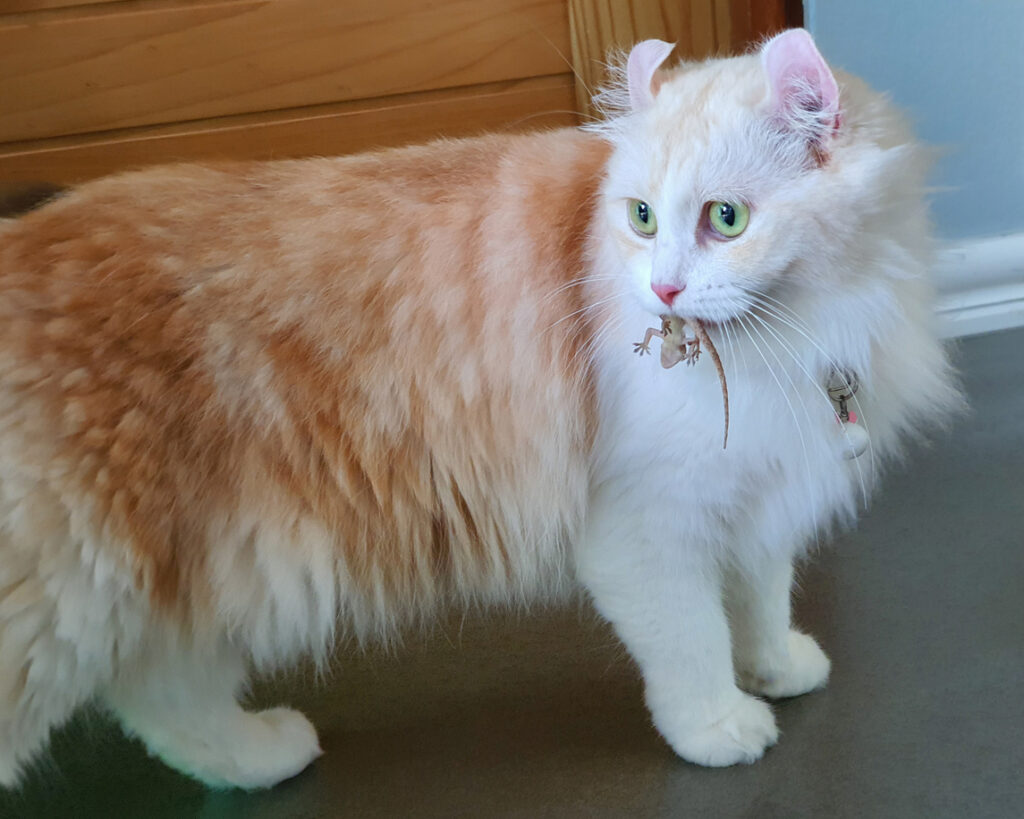
When your cat drops a lifeless mouse on your welcome mat or leaves a decapitated lizard by your shoe, you’ve probably been told it’s a “gift”—a sweet little offering from a grateful pet. But biologically speaking, that’s a myth humans invented to feel better. Behavioral ecologists believe that cats bring home prey not to please you but because they see you as an incompetent hunter. You’re the roommate who can’t fend for yourself, and they’re trying to train you—one limp bird at a time.
It’s a behavior rooted in instinct. In the wild, mother cats bring home wounded prey to teach their kittens how to kill. When your indoor cat does the same, they’re not praising you—they’re critiquing you. It’s also worth noting that cats don’t always eat what they catch; sometimes, they just want to assert dominance by displaying control over life and death. A 2013 study from the University of Georgia even used kitty-mounted cameras to show that domestic cats are serial killers of local wildlife, often hunting for fun. That “gift” wasn’t a token of love—it was a performance. One that says, “You might own the house, but I own this territory.”
7. They Might Be Able to Sense Things You Can’t
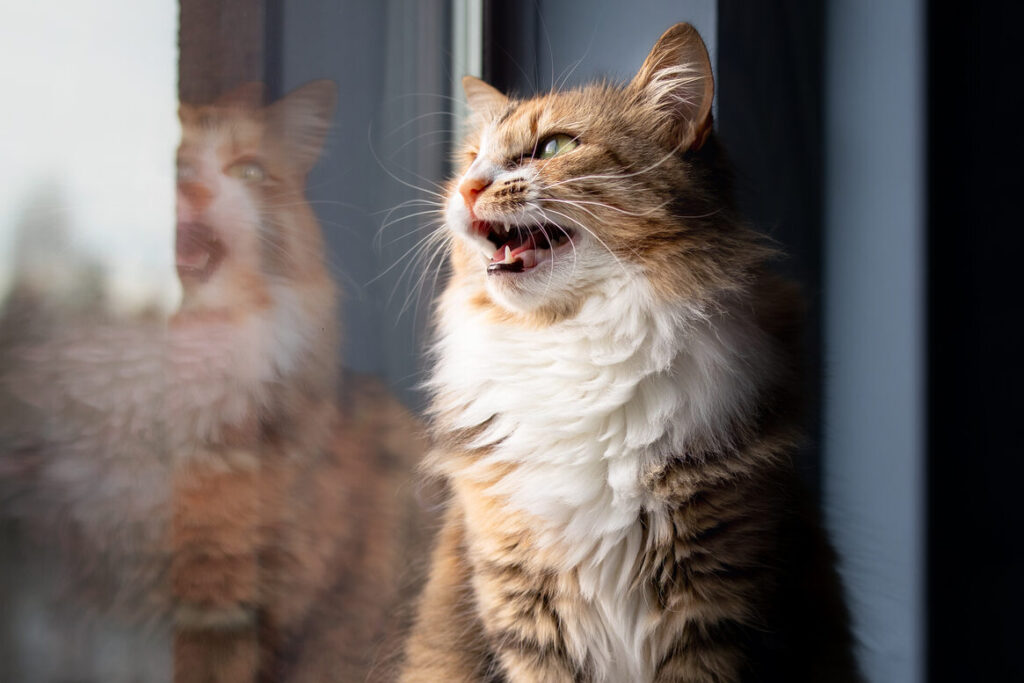
Ever notice your cat staring at a blank corner of the room for what feels like an uncomfortably long time? Or suddenly bolting from one end of the house to the other like something invisible just whispered in their ear? You’re not alone—and no, it’s not just “zoomies.” Cats have incredibly acute senses. They can detect high-frequency sounds (up to 65 kHz, compared to a human’s 20 kHz), subtle vibrations in the ground, and even shifts in air pressure. Some researchers believe cats may be able to detect approaching earthquakes, seizures, or even illnesses like cancer due to their sensitivity to chemical and electrical changes in the body.
But then there’s the stuff science can’t fully explain. Across cultures, cats have long been associated with the supernatural. In Japanese folklore, the bakeneko was a shape-shifting cat spirit. In ancient Egypt, they were believed to protect homes from evil. Even today, plenty of pet owners swear their cats react to things they can’t see or hear. Is it myth? Is it magnetoreception? Or is it just your cat messing with you for sport? One thing’s for sure: when they stare at the ceiling with pupils dilated and fur puffed, you’ll feel something shift—even if you never find out what it was.
8. They’re Not Sleeping All the Time — They’re Listening

Sure, your cat sleeps up to 16 hours a day—but don’t let the loaf position or belly-up sprawl fool you. Much of that “sleep” is light dozing with ears tuned to your every move. Cats are crepuscular animals, biologically programmed to be most alert during dawn and dusk. But they’re also incredibly efficient nappers—able to snap from dead asleep to fully alert in a heartbeat. According to research published in PLOS ONE, cats maintain partial awareness even in sleep, especially in unfamiliar or stimulating environments. Translation? They’re not resting—they’re resetting their surveillance systems.
You’ll see it in the ear twitch when you open a snack bag or the subtle tail flick when you shift your weight on the couch. Even during REM sleep, their brain is actively processing the rhythms of your household: your voice, your steps, the sound of the fridge, the drawer where the treats live. And while it’s cute to think they just love being near you, there’s a fair chance they’re also monitoring your compliance. Did you get up when they meowed? Adjust the blanket when they pawed it? They’re collecting data—and calibrating control. For a creature who “sleeps all day,” they’re alarmingly aware of everything.
9. They Know You’ll Blame Yourself Every Time
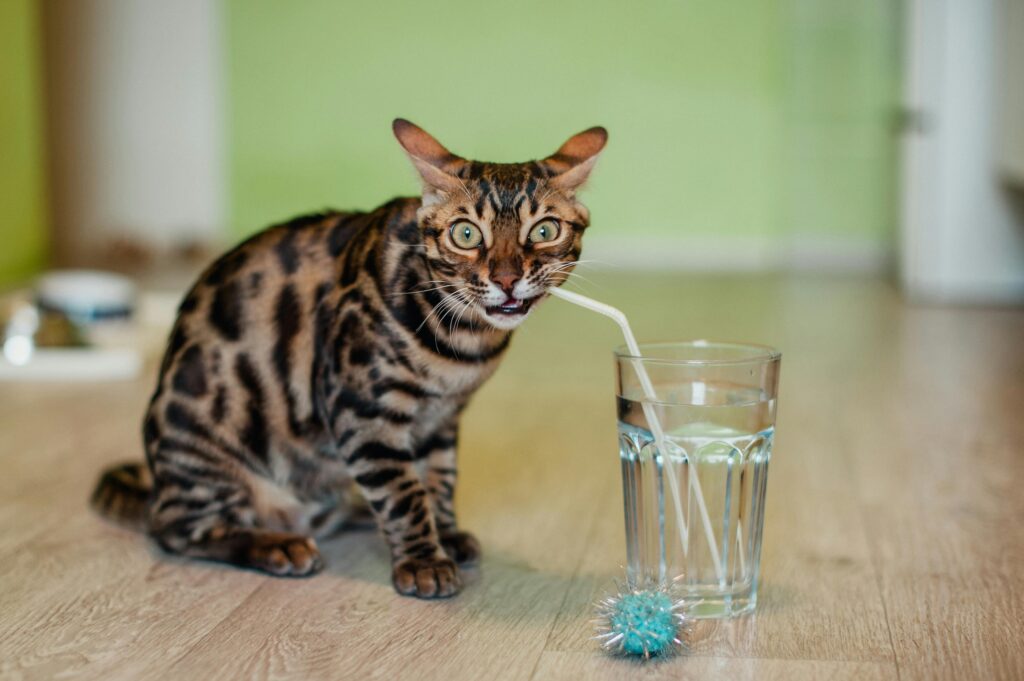
When your cat swats a glass off the counter, hides under the bed for hours, or yowls like a banshee at 3 a.m., you don’t get mad—you feel guilty. Was the water bowl too low? Did I change the litter incorrectly? Have I been working too much? And that’s exactly how they like it. Cats have perfected the art of perceived fragility. They oscillate between aloof and delicate, independent and mysteriously distressed—just enough to keep you second-guessing your every move. This isn’t accidental. It’s behavioral conditioning, reinforced every time you offer a treat or an apology for something they did.
Psychologists call it projective caregiving—a tendency for humans to attribute complex emotional needs to their pets and then reshape their behavior in response. With cats, this gets dialed up because they don’t offer the same unconditional validation dogs do. Their affection is earned, inconsistent, and often mysterious, which makes every interaction feel loaded with emotional subtext. That look after you come home late? You could read guilt in it. The tail twitch after a missed meal? You feel judged. And in this quiet emotional calculus, one thing becomes clear: your cat doesn’t just know you love them. They know you’ll always assume you’re the one who got it wrong.
In the End, They Know Exactly What They’re Doing
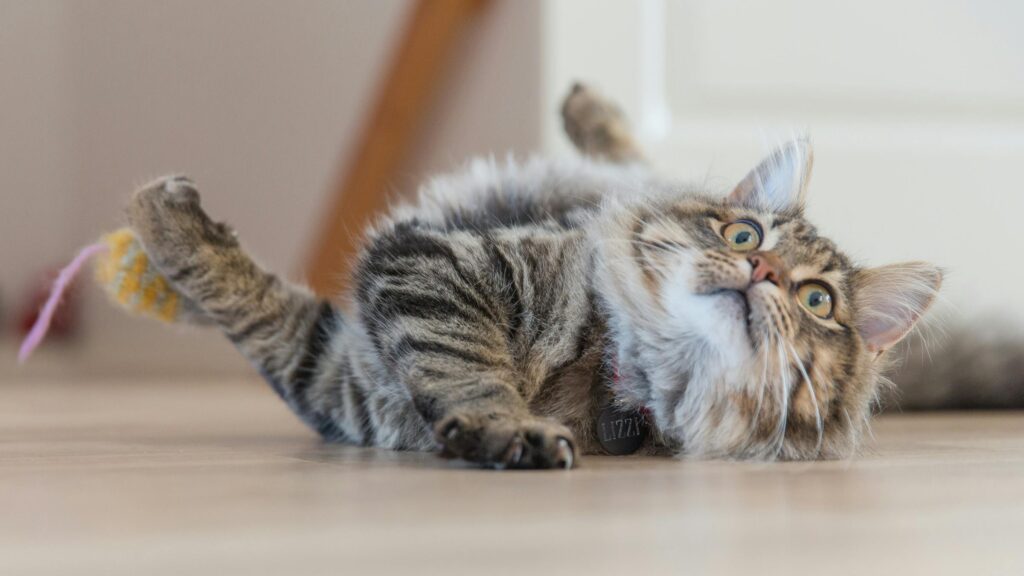
Maybe it’s the way they stare at nothing. Maybe it’s how they make you feel chosen—then promptly ignore you for hours. But make no mistake: your cat isn’t confused, clumsy, or unaware. They’re strategic. They’re observant. They’re running a long con with Cleopatra’s grace and a shadow’s silence. And they’re winning.
Every head tilt, every purr, every chaos-causing swat is calculated. Not malicious—just brilliant. Because your cat doesn’t want control through force. They want it through quiet compliance. And you, loyal human, have already surrendered. You rearranged your schedule, your furniture, and your emotions to suit their needs. You’ve been outmaneuvered by 10 pounds of fur with a God complex. And honestly? You’d do it again tomorrow.


